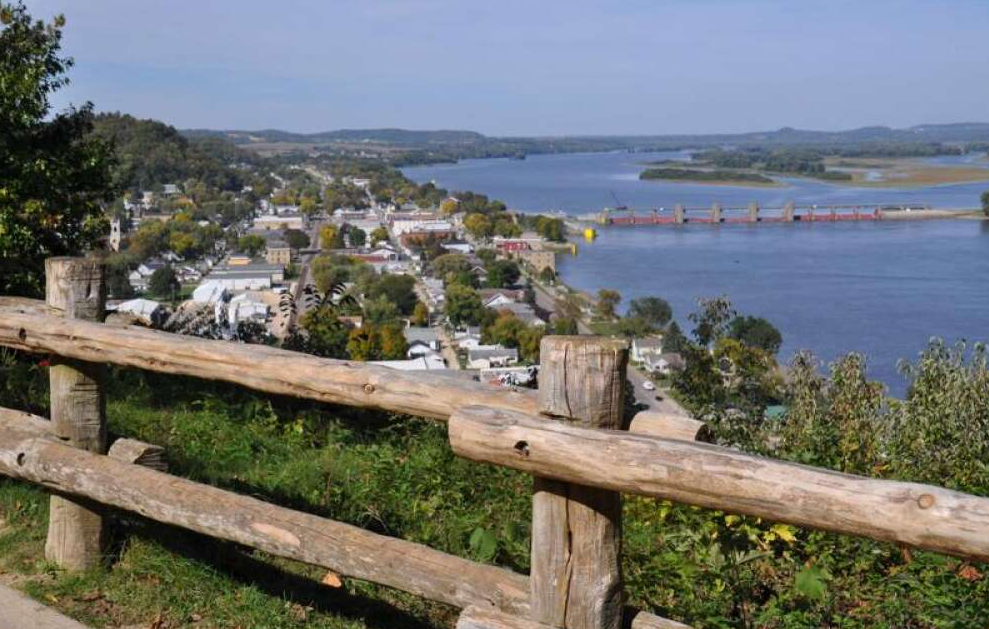Maybe, now that the business community is raising red flags, something will change.
Members of the Iowa Business Council, a group that represents the state’s largest businesses, held a news conference at the Statehouse Monday to release their annual, nonpartisan review of economic trends. Dubbed Iowa’s Competitive Dashboard, the report measures statewide progress in five areas relative to other states – economic growth, education and workforce, governance, demographics and diversity, and health and wellness.
Headlines from the rollout have focused on demographics and diversity because the Business Council found the greatest shortcomings in that area, and because the issue rolls nicely into the larger national conversation about immigration. In the coming days, the Council plans to launch a public-private partnership to research and implement ways the state can attract and maintain a more diverse population, since it found only five states are less diverse. Iowa businesses, it seems, need more workers “from other states or other countries.”
But Iowa is not competing well in any of the Council’s key indicators.

And while this is an outlook from a business perspective, it’s clear an overall lack of people-centered public policy is holding the Hawkeye State back. Median household income has increased, according to the report, but only enough to push Iowa’s national rank from 26 to 25. Too many Iowans are obese – only three states fare worse – and we haven’t attracted enough primary care physicians. While we do well in high school graduation rates, too few Iowans are achieving college degrees. In many areas, such as number of people employed in science and technology jobs, Iowa held steady as other states advanced.
After meeting with business leaders in some of Iowa’s smaller cities, the group is turning its attention to issues like affordable housing, public health and food deserts.
“It is critical that all of Iowa – rural, suburban, metro – see population growth, otherwise the shortage of workers will constrain Iowa business in the future,” Terry Handley, CEO of Casey’s General Stores and vice chairman of the Council, said during the news conference.
People don’t want to live somewhere where they just get by or merely survive. People, especially those nurturing the next generation, want to be somewhere they have an opportunity thrive.
That means being able to access affordable health care, including family planning services, and having a descent place to live that doesn’t require spending more than 30 percent of income. It means having a local store that offers fresh and nutritious food options, and reliable transportation to that merchant. It also means quality educational opportunities, valued by local and state government. It means green space, public art and other cultural and recreational opportunities to stimulate mind and spirit.
These are the attributes of a welcoming community; not the priorities of our most recent crop of legislators. Through a policy shift or the next election, maybe Iowa is finally ready for change.
This column by Lynda Waddington originally published in The Gazette on Jan. 30, 2019.
Photo credit: Gazette Archives
